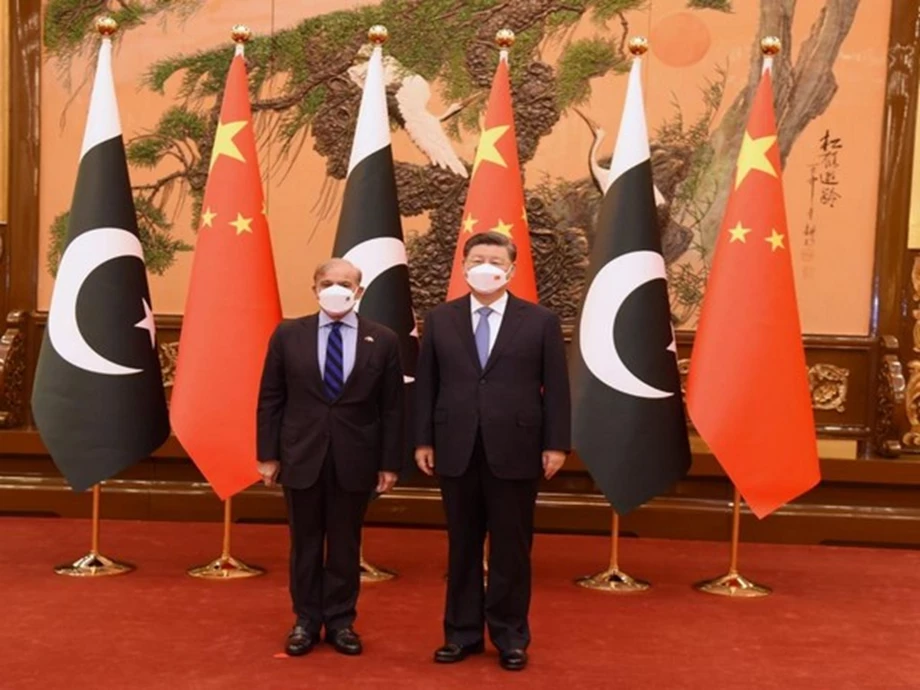Pakistani Prime Minister Shehbaz Sharif concluded his visit to China this week where the two sides signed several MoUs but without discussing the rescheduling of the debt his country owes to Beijing which makes this trip more of words than a little action. In the two-day meeting, there was hardly any discussion on the debt crisis that Pakistan is confronting, especially Shehbaz Sharif, given the fact it could become a serious liability for his party in the election year, according to Islam Khabar.
Pakistan is scheduled to pay the debt by next June and a significant amount of debt of over USD 20 billion is committed to paying in the next financial year, according to Islam Khabar. This was the first trip of Pakistan’s PM to China since Sharif replaced Imran Khan. He was seeking support to help his falling economy as the government is dealing with a spiralling economic crisis and shrinking foreign currency reserves.
During his visit, Chinese President Xi Jinping said that China will continue to support Pakistan as the country tries to stabilize its financial situation. Even to help Pakistan, China pledged a 15 billion yuan (USD 2.1 billion) loan facility for Pakistan, but no further concrete support plans were revealed, according to Nikkei Asia. The joint statement, which was released after Sharif’s visit to China, said that Pakistan’s PM had reaffirmed Pakistan’s commitment to further strengthen and deepen the Pakistan-China All-weather Strategic Cooperative Partnership and enhance practical cooperation in all areas.”
In the joint statement, there was an in-depth exchange of views on bilateral relations as well as the regional situation and international political landscape but again, the statement did not mention any concrete financing pledges. Looking at the visit, the senior research scientist at AidData, a research lab at the American university William & Mary, Ammar Malik said, “This trip was more words and little action, and mostly about reaffirming Pakistan and China’s all-weather strategic partnership,” according to Nikkei Asia.
“Despite more than 40 attacks on Chinese nationals and interests between 2000 and 2020, the pace of engagement has largely continued unabated,” said Malik. He added that this is likely because CPEC is the flagship project of Belt and Road, and the size of the engagement makes it too big to fail. Pakistan’s government was also expecting new financial commitments from Beijing under the China-Pakistan Economic Corridor (CPEC), the USD 50 billion Pakistan component of the Belt and Road Initiative.
Before visiting China, Sharif had created a 50 billion rupee (USD 225 million) escrow account for automatic partial payments to Chinese independent power producers operating in Pakistan, hoping to pacify them as well as Beijing after tensions over the bills, reported Nikkei Asia. Nevertheless, experts believe China did not make any major financial commitments due to Pakistan’s unprecedented political and economic crises, which make it difficult for Chinese official creditors to commit. Thursday’s shooting of Khan, who suffered injuries reported to be not life-threatening, did nothing to dispel fears of instability
Fazal Rehman, director of the Pakistan Institute of China Studies at Sargodha University, thinks China is waiting for the next elections in Pakistan, which must be held in the second half of next year at the latest.

